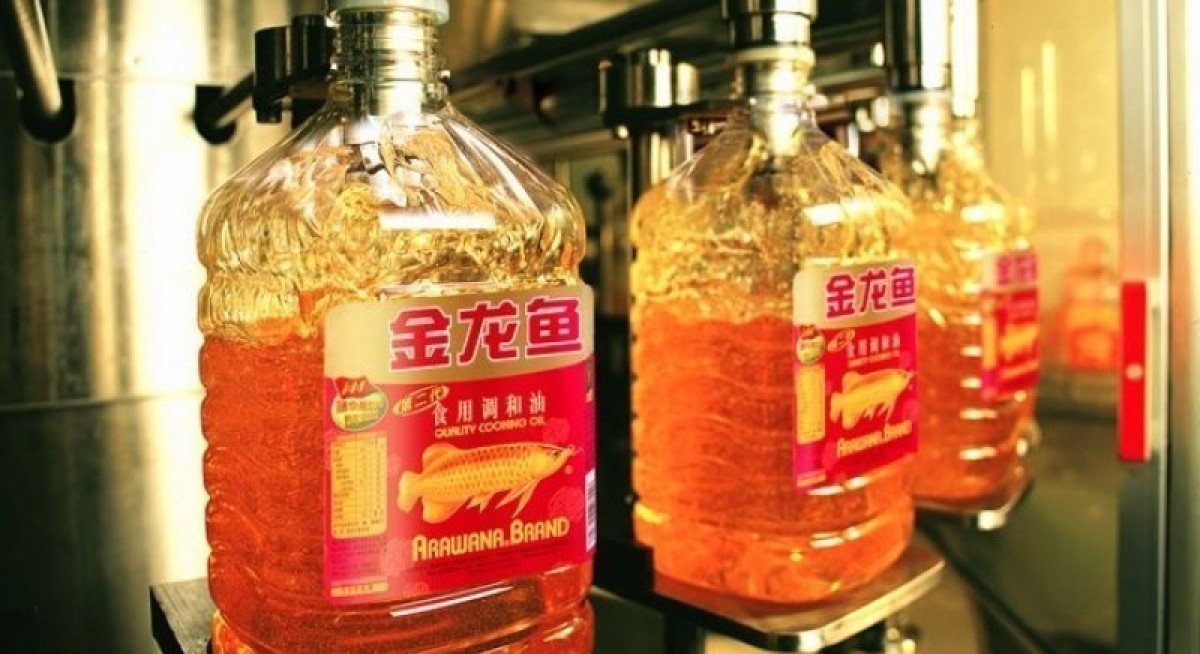However, from her perspective, the fact that Wilmar’s acknowledgement of these issues will likely reduce investor uncertainty and limit knee-jerk reactions to share-price movements when these cases conclude.
Yow is maintaining her “add” call and with better feed and industrial segment margins and better commodity prices seen to drive earnings recovery in FY2026 to FY2027, she has raised her target price to $3.60 from $3.30.
Similarly, UOB KayHian’s Lester Siew has in his Oct 31 note kept his “buy” call along with a slightly raised target price of $3.50, from $3.45 previously.
Despite the stronger underlying earnings, Siew reduced Wilmar’s forecast earnings for FY2025-FY2027 by 14%, 13% and 8% respectively as he tones down margin assumptions for Wilmar’s feed & industrial products segment, while also incorporating higher net interest expenses following its US$712 million payment for the cooking oil case in Indonesia.
See also: Lim & Tan Securities starts Reclaims Global at ‘buy’ with target price of 60 cents
Meanwhile, RHB Bank Singapore has upgraded Wilmar from “sell” to “neutral”, with a higher target price of $3.00 from $2.50, after the 3QFY2025 came in above expectations.
The higher target price was established after removing the discount for the ongoing case overhang and the increase in forecast earnings for FY2025-FY2027 by 8%, 13.2% and 11.2% respectively after raising feed and industrial volumes and margins.
Wilmar, says RHB in its Nov 3 note, has moved past the negative news flow and investors are now more focused on the company’s earnings recovery. The management, says RHB, does not expect further major impact from the ongoing cases ranging from rice labelling, biodiesel processing fees and landbank.
See also: Maybank's Ong raises target price for Thomson Medical on higher underlying Johor landbank value
Last but not least, Hussaini Saifee of Maybank Securities has maintained his “hold” call and lifted Wilmar’s target price from $3.00 to $3.12, after he raised his earnings projections for FY2025 to FY2027 by 3 to 4%.
Saifee pointed out that Wilmar’s China operations showed broad recovery which was led by healthier food demand, while Vietnam remained the best-performing market across oil, rice, and flour.
According to Wilmar’s management, the strong soybean crush margins seen in 3Q are expected to soften near term until Brazil’s new crop arrives. Palm oil output stays flat due to prior drought and replanting.
The analyst also highlighted that Wilmar’s downstream refining and oleochemical segments remain profitable, and central kitchen operations in China should turn profitable next year. However, the dividend for 2025 might be lower due to the cash flow impact from Indonesia.
Shares in Wilmar last traded 4 cents higher, or 1.28% up, at $3.17.




